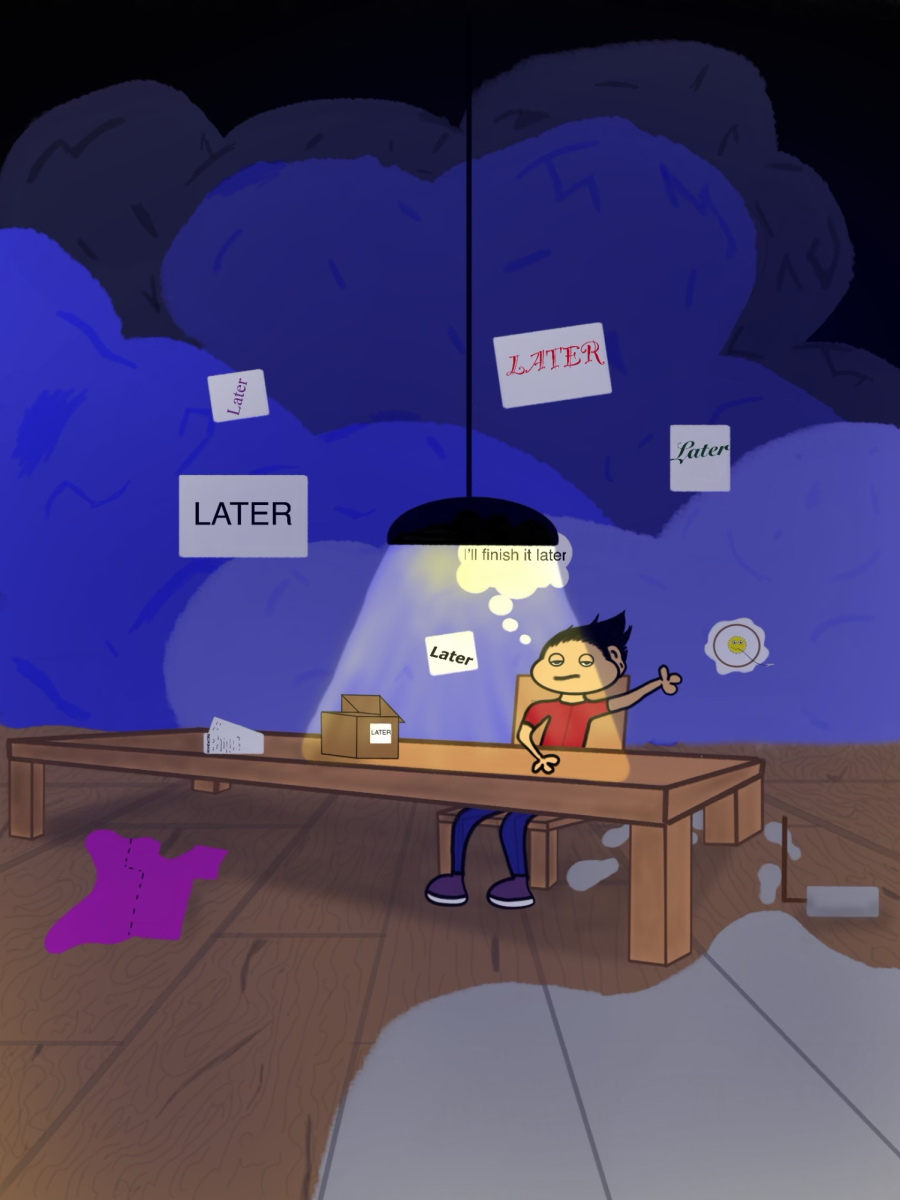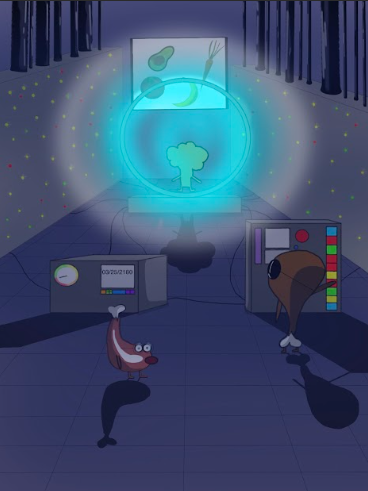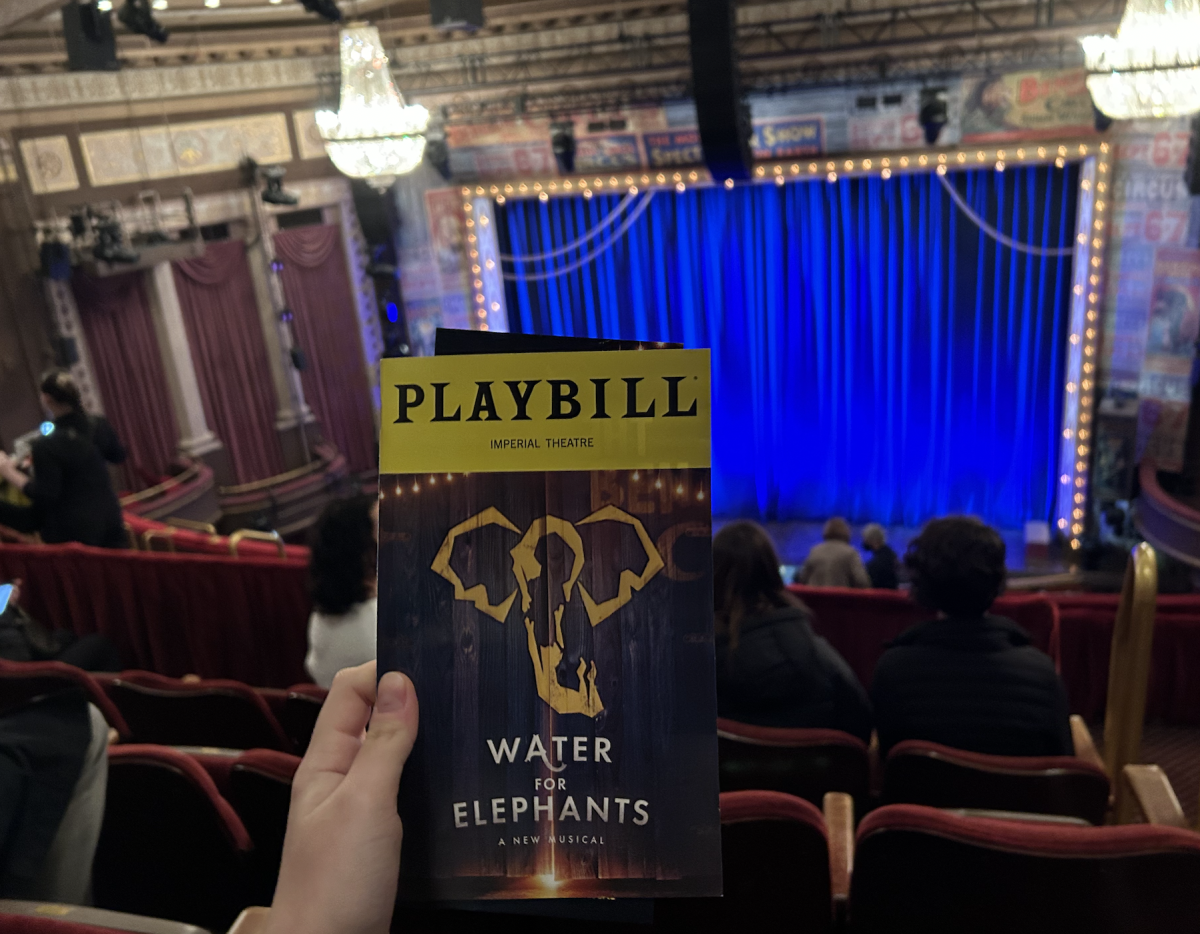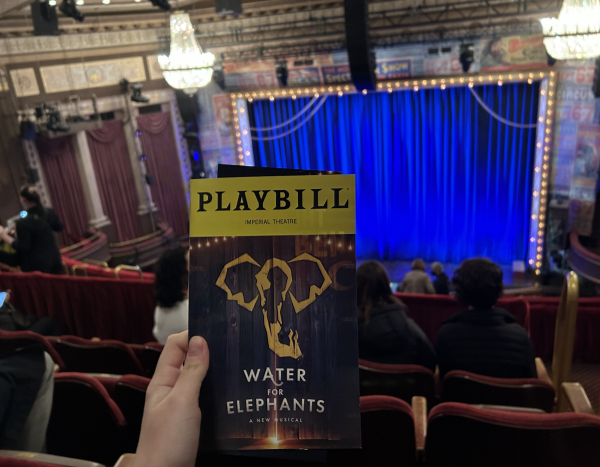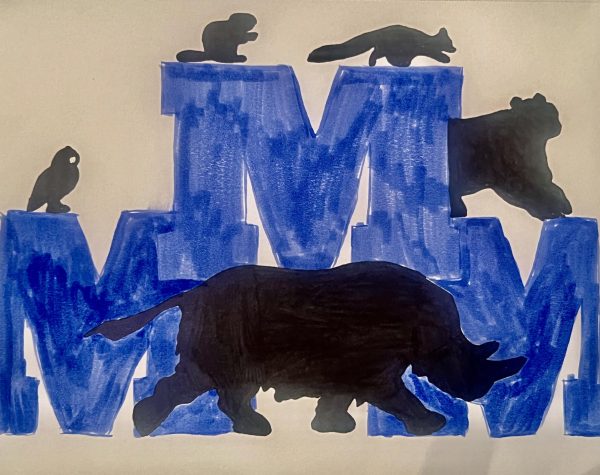Dear Evan Hansen: Movie Review
Spoiler Alerts: movie and musical
Trigger Warning: suicide and mental health issues
When the 2017 Tony award-winning musical Dear Evan Hansen announced a cinematic release, many were ecstatic for the story would finally be domestically, if not globally, accessible. The licensing had been purchased in 2018, and following that, in September of 2020, filming had begun. I was waiting on the edge of my seat for September 24, 2021; however, the consistent 30-33% on Rotten Tomatoes does not speak well for this current adaptation. No critic is raving, and the poor musical is getting anything but good publicity. But what is the issue that made this a box office flop (gaining back only about 49% of its budget of $28 million), one of the biggest, current Broadway controversies, and just an utter failure?
Changes from stage to big screen:
For those who have seen the musical, many know that Connor, or more accurately, Evan’s subconscious, speaks with Evan throughout his journey. These conversations display Evan’s true colors and selfish intentions regarding all of his lies. They also allude to the fact that Evan attempted to take his life before the beginning of school. Viewers know right away that he broke his arm from falling off a tree, but then the dialogues, or soliloquies in a sense, exhibit that he had let go of the branch. In the movie, that revelation comes out of nowhere.
One of the few things I thought improved in the movie was its resolution. The musical concludes with guilt-ridden Evan admitting his “mistake” to the Murphys, but only because the letter was spreading virtually, causing many issues for the Murphys. The Broadway production fails, however, to grant him a true downfall. In the film, he admits to his extreme errors on his social media platforms. He gets some backlash for his presumptuous behavior.
A slight character change is in Larry, Zoe’s and Connor’s stepfather. In the musical, Larry is their biological father. This was a flawed adaptation because the Murphys were supposed to symbolize a picture-perfect family that is cracking on the inside. In the film, their birth father passed away when they were babies, and Larry was introduced to them when they were very young toddlers, so they naturally considered him to be their true father. Larry being their stepfather was not influential to the plot in any way except as a throw-in line randomly. It felt as if it were purely filler.
The new songs:
With a big general lack of Connor in the film, I am, as well, glad they had composed a song for him, “A Little Closer.” It plays somewhat significant to the conclusion, with one: letting Evan discover more about Connor, and two: confirming that he did create music (which was mentioned by Cynthia, stating she did not know whether or not he wrote music with the guitar she bought for him). It’s a sweet song, but I do not imagine it will stick around for long. I had a similar feeling with “The Anonymous Ones,” a big, and the only, solo piece for Alana, with a synopsis of that there are so many people silently suffering, even themselves, the perfect straight-A student. It is a pleasant song but has quite simple lyrics. I enjoyed the allusion to one of the first scenes of the movie when Alana makes a speech during the pep rally, but it uncovers her true emotions. I would say both songs are equal by enjoyment, and that they are probably not going to stick around for long.
Cut songs:
For those who have not listened to the original soundtrack, four songs have been excluded from the film adaptation: “Anybody Got a Map,” “Good for You,” “Disappear,” and “To Fit in a Glove.” All four songs featured Larry and Cynthia Murphy, and two of them contained Evan’s mom, Heidi Hansen (played by Julianne Moore).
The decision to omit those songs was bizarre for multiple reasons. First off, with “Anybody Got a Map” and “Good for You” gone, the audience lost so much of Heidi, her character, and her relationship with her son. The movie molded her into a workaholic, which she is not in the musical. The same is applied with the Murphys. They do not sing a single note until “Requiem,” so viewers do not catch an earlier glimpse of their point of view. Those who watch the film never even see Connor with his family. It is assumed that they were not a perfect family, but it was never shown, just told.
“Anybody Got a Map” was a great opening to the musical, and I wish they stuck with it in the film. While “To Fit in a Glove” is considered one of the worst songs in the original soundtrack, it would have functioned better with the movie since Larry’s dynamic with Zoe and Connor slightly changed.
“Good for You” was cheated tremendously. This song was in the movie, but as a pep rally song played by the band in the beginning, as a little Easter egg. The original song is a wonderfully composed piece of art and an intricate part of expressing Evan’s conflict, which is lost in the film.
Senior Lexi Capitali agreed, stating that “cutting out ‘Disappear’ and ‘Good for You’ was damaging to the storyline because they were two very big songs in the franchise. It kind of hurt the movie more than helped it.”
Cast:
- Nik Dodani: Dodani fits well in the character of Jared, and delivered the role of the comic relief well.
- Julianne Moore: Moore was by far one of the worst parts of the film. Anything that was meant to be heart-wrenching was translated as a mild fight or a neutral emotion. Moore underplayed the dialogue where Evan and Heidi are fighting outside of the Murphy’s home, which was intended to be a brawl right before “Good for You.” “So Big, So Small” was the most disappointing performance in the whole film. She possessed no emotions and is nothing in comparison to Rachel Bay Jones, the musical’s Heidi.
- Colton Ryan: Ryna’s execution of Connor Murphy, despite the lack of his appearance in the film, was done well. It is just upsetting that the writers were unable to carry Connor’s voice and story as intended.
- Amandla Stenberg: Stenberg really delivered as Alana; however, this also could be due to Alana being a much more influential character in the movie and playing a different role, in a way. Stenberg, in a sense, had to portray kind of a new character, and a bigger one. Vocally, they are phenomenal and they hit all the emotional moments on point.
- Danny Pino: Similar to Stenberg’s Alana, Pino had to differ from his on-stage counterpart, meaning he had to play around with how he implemented Larry. As can be stated for most of the cast, he was exceptional. Pino was the only one to bring tears to my eyes throughout the film, which was during “You Will Be Found” when he cries to Cynthia. Unfortunately, like all of the Murphys, we were unable to see his vocal talents shine.
- Amy Adams: Adams was a great choice for Cynthia. Although, many can agree she did not contribute more to the character. While the heartbreaking anguish of the character can be read, nothing new was added to the grieving mother.
- Kaitlyn Dever: Denver was extraordinary as Zoe. When listening to her rendition of Requiem, whether just listening over the phone or watching it on the big screen, one can feel the pain of Zoe.
Ben Platt:
The other cast member that was first disclosed, alongside Dever, was the well-loved and famous Ben Platt. Though many fans are not aware, one of the producers of the film is Marc Platt, Ben’s father. Marc has played an influential role in Ben’s career, and presenting him the opportunity to be the lead of a movie was no exception.
Unfortunately, this spiraled into a multitude of issues. Ben’s age was one of the biggest problems, particularly since he was already aging out when the show hit Broadway. It did not help when the trailers hit, and the whole world saw his butchered hair and makeup in an attempt to make him look like a high school student.
Ben’s portrayal of Evan Hansen can be depicted with two words: too much. Platt is one of my favorite Broadway actors and my favorite pop singer, but this acting was not a reflection of his immense talent.
People who are not fans of the original musical do not know the excruciating work that was put in to build the original Evan Hansen character, every tick and twitch, and every physical and emotional puzzle piece of the image. On stage, Platt’s extreme facial expressions are acceptable because his acting is supposed to hit every single audience member, from row A in the orchestra to the back of the mezzanine. When one watches a zoomed-in shot of Ben Platt weeping dramatically on a big screen, it feels like overkill. That is because no one adjusted him down during the step from Broadway to film.
“Coming from someone who hasn’t seen the show,” said junior Andrew Schiller, “the worst part of the film is Ben Platt and his character.”
Concluding Thoughts:
Dear Evan Hansen was not quite as horrendous as most people claim it to be. The 30% on Rotten Tomatoes is not well deserved, but it does not score high by my standards. With a considerably low budget, the final product on a technical basis was done very well, but, alas, nothing Oscar-worthy.
The coloring of the movie is drastically different when compared to the last few movie musical adaptations. In The Heights and The Prom, and even the upcoming movie West Side Story, are very bright films visually. It makes sense in context, the tones of blue, grey, and black, but that alongside the poorly constructed trailer, led to a low audience rate; the movie did not stick in anybody’s mind, besides the absurd wig on Platt’s head.
Platt is a major part of the downfall and distaste for the film, but not the root of the whole problem. An intense narrative, such as Dear Evan Hansen, is viewed as acceptable when presented on stage. The theatre is already considered a hyperbole of real-life and was born for dramatic exaggerations. The story should have just been told through a pro-shot, like Hamilton on Disney+. The musical was considered problematic since its opening night, so being written into a completely different media is one of the biggest hurdles the film had to jump over. The crew comprehended that there had to be changes made, but with every choice they made, the team was unsuccessful in formatting a musical into a great piece of on-screen media.






